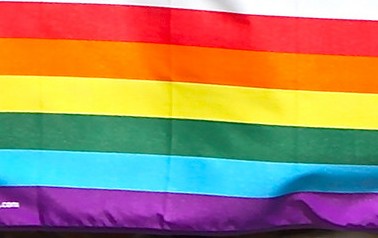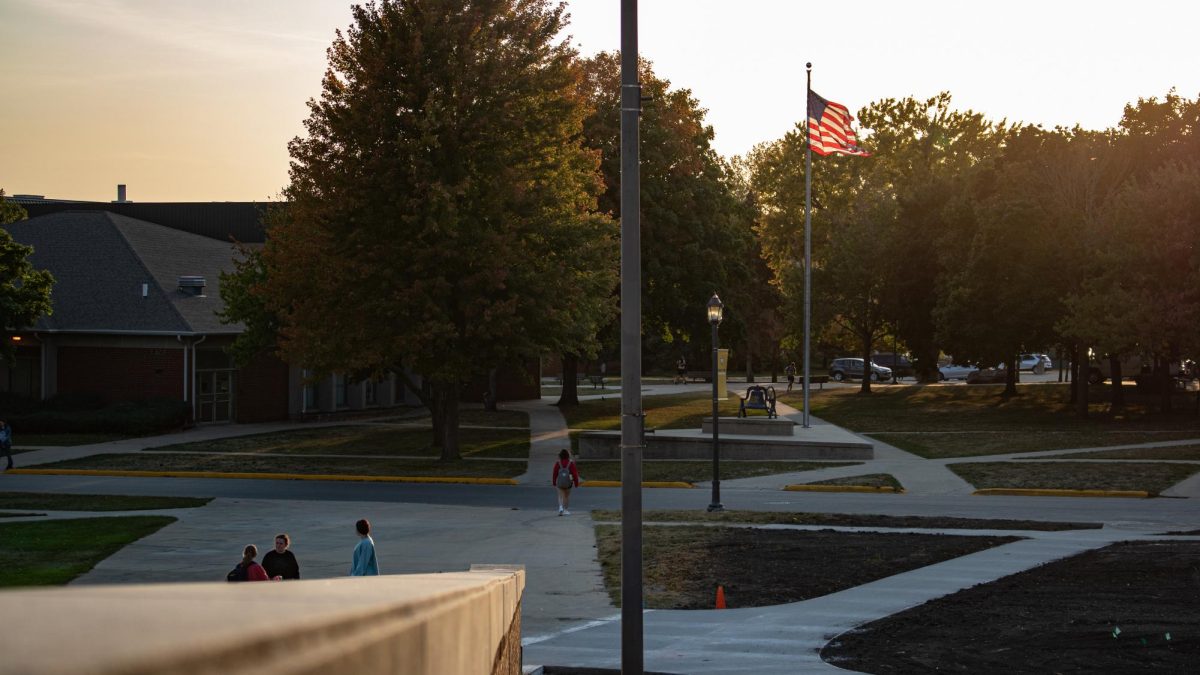Mikaela Millslagle | Opinion Editor
There is much controversy currently circulating around the arrest of Kim Davis, a Kentucky court clerk who refused to give marriage certificates out to same-sex couples. As you all may recall, recently the U.S. Supreme Court ruled that marriage is a constitutional right that should be given to all individuals, including those entering into a same-sex marriage. Marriage equality has been a battle long-fought by activists who have worked for gay rights throughout our country’s history, and is something that has finally made it through legislature. The outcomes of this ruling have been both joyous as well as grief-stricken as many people, such as Kim Davis, have a strong religiously-based view on marriage. Many of these individuals hold onto the idea that marriage should only be between one man and one woman. This became an issue for Kim Davis when it was legally ruled that marriage licenses would be issues to both heterosexual and homosexual couples.
Because this new ruling interfered with Kim Davis’ religious beliefs, she chose to refuse marriage licenses to same-sex couples that came into the county court house where she worked. The result of this was her arrest because she was breaking the law and civil duty of her job. Many people have come forward on both sides of this issue, either supporting Kim for what she did or showing their disbelief and anger. The biggest issue with this case for many is whether or not what Kim did is right or wrong, and I believe there are many factors that need to be taken into account:
1. Davis’ Religious Beliefs
Kim Davis is an established Christian. Because of the religion Kim believes in, she views same-sex marriage as a sin. To Kim, marriage should only occur between a man and a woman.
2. Citizen’s Religious Rights
The founding of the U.S. Constitution included a founding of basic fundamental rights for the country’s citizens, including the freedom of religion. This has allowed many different religious followings to flourish in our country with little resistance, and has often been used as a basis in court cases. The ability to express religious beliefs and practice religion is one of the many freedoms we have in the United States, although it is restricted on some levels.
3. The First Amendment Beyond Religion
While the first amendment of our constitution allows for the freedom of religion, it also contains the clause under which same-sex marriage was ruled legal. This is known as the Free Exercise Clause, which allows those of same-sex to exercise their rights and enter into a legally binding marriage.
4. Davis’ Role as County Clerk
Members who enter into employment in positions such as that of a county clerk are required to take an oath. This oath requires employees to perform their duties in line with the U.S. Constitution, which we have established legally ruled that same-sex marriage is a right. Davis’ job description requires that she issue marriage licenses to individuals that legally qualify.
5. Legal Requirements for Marriage Licenses in Kentucky
In the state of Kentucky, there are guidelines set in place for individuals to be able to legally obtain a marriage license. Applicants for the license must be 18 years old, not currently married, and live in the state.
With all of these things laid out, it’s easy to see how supporters have rallied on both sides of the issue. After reading through the story and looking into a lot of the information myself, I’ve decided that I agree with those advocating against the arrest. That does not go to say that I am not a supporter of marriage equality or gay rights, because believe me I am – I am a complete activist for human rights and equality. I simply believe that there were other actions possible that could have been used in the situation to ensure all rights were secured. Forcing Kim to distribute certificates against her beliefs violates our very own First Amendment, while also denying same-sex couples legal marriage licenses does the exact same. Both rights are violated, and there must obviously be some way to deal with this.
Another story I came across surrounded the case of a woman named Dana Guffey, also a strongly established Christian, found herself in the same situation. Rather than refusing to distribute license, however, Guffey chose to step down from her job her and avoid all rights conflicts. I think this is a better solution, but is it fair that one person loses their job because of this conflict? I don’t think that should have to be the outcome. The ultimate answer is unclear, but in a world where the push for equality is only gaining moment and views are constantly challenged, something has to give.
A solution to this problem is likely far off as our country still tries to wade through this sea of new territory and compromise. I won’t be surprised to see many new stories pop up over the next few years regarding instances related to Dena and Kim’s, but I hope that the results aren’t nearly as extreme as they were for Kim Davis. Equality needs to be regarded at face value – all individuals are equal and have the same right to freedoms we are given in this country. While those of same-sex deserve their chance for legal equality in all facets, those who do not hold opinions of agreement should not be sanctioned wrongfully for their beliefs. Doing this is almost turning the tables in my opinion, where those who stand against same-sex marriage have become ridiculed and outcasts among those who support this equality movement. Opinions do not need to fall in line with one another on every subject, but I think there is a desperate need for a sense of respect for all of those around us. Equality will never truly be unless we begin to be vigilant in our judgments and actions towards those who may be different from us. The big picture I that I think needs to be seen is Human Rights. At the end of the day, we are all human.









